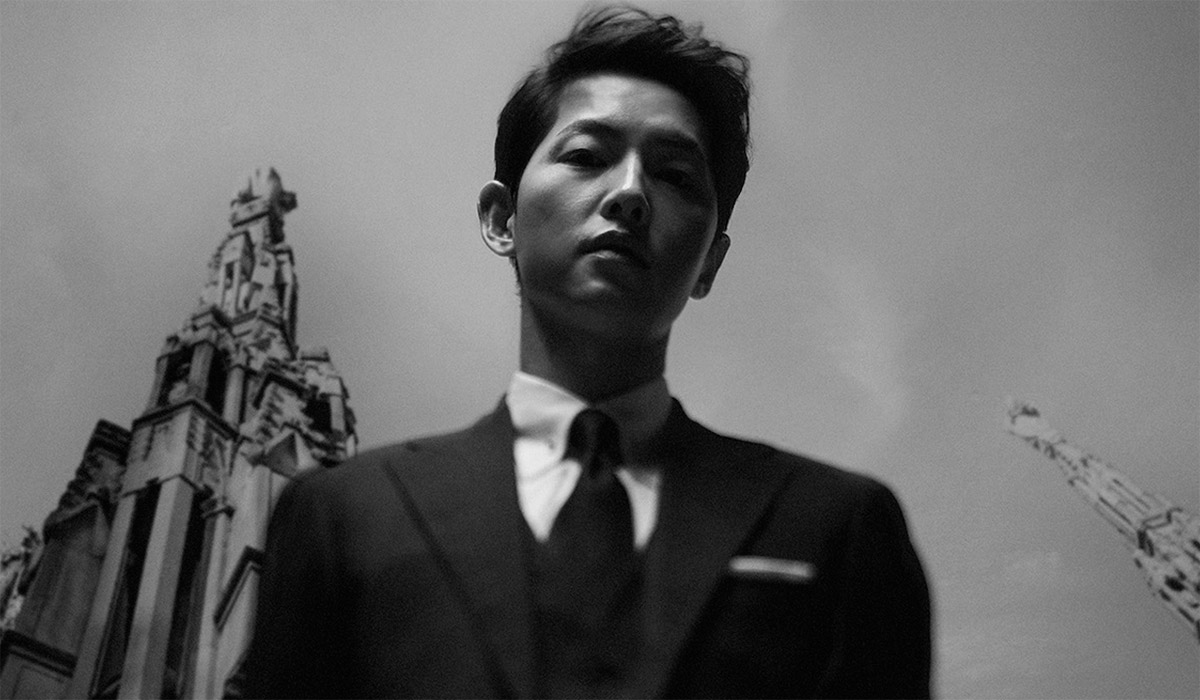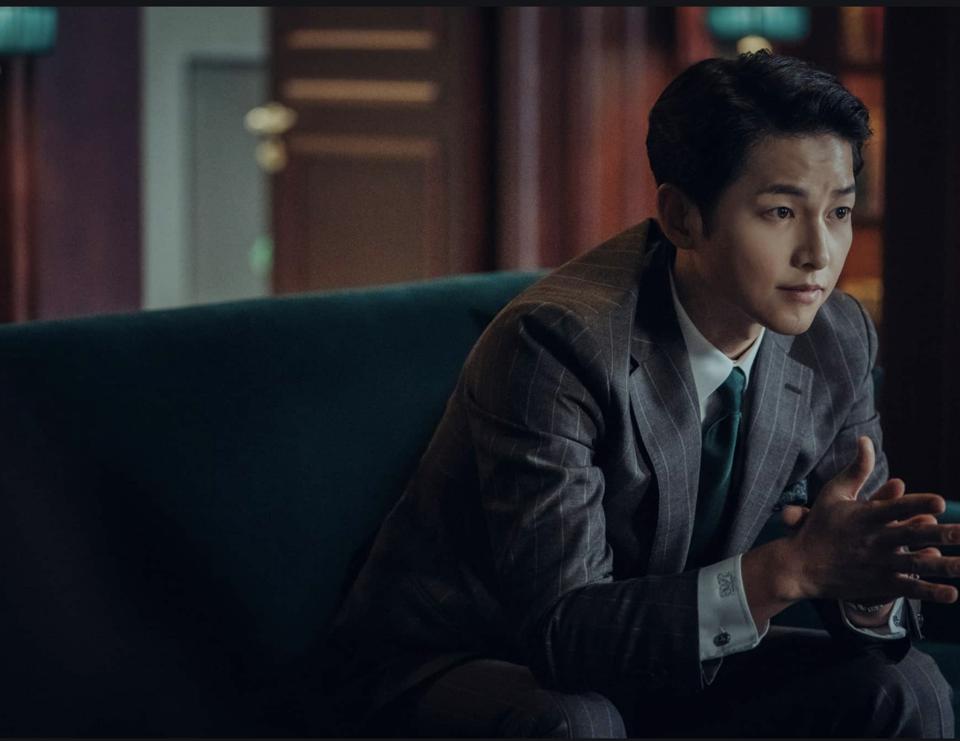
It’s not new to see non-Italian productions portray Italian gangsters. From movies like The Godfather to TV shows like The Sopranos, this aspect of Italian culture has fascinated millions of people—leading to a whole genre of Italian mafia cinema worldwide which contain varying degrees of accuracy to Italians’ lived experiences.
Amidst this sea of productions, the new Netflix K-drama Vincenzo stands out by combining the typical serious intrigue of mafia-themed productions with the comforting and refreshing lightheartedness of Korean dramas.
As an Italian myself, I took an interest in the series because of this novel combination, and wanted to see how well it would portray my heritage. So, was Vincenzo a good representation of Italian culture?
Italia: Pizza, Pasta, and Mafia?

Portrayed by Song Joong-ki, the series’ protagonist is Vincenzo, a Korean boy who was adopted by an Italian mafia boss and subsequently introduced to the mafia world. Following the death of his adoptive father, Vincenzo decides to return to South Korea after many years, and take a new job. Unsurprisingly, Vincenzo represents an interesting blend of Korean and Italian cultures.
When Vincenzo displays habits like cursing in Italian when he is frustrated, and holding Italian cuisine close to his heart, it feels rather natural in a pleasing way.
As an Italian, I can assure you that we do love our food, and that there is a common assumption that when you encounter an “Italian restaurant” abroad, you will not have your dear traditional Italian food. Instead, you will be served dishes that sound Italian, but are definitely not close to true Italian tradition. Therefore, when in the first episode Vincenzo goes to an Italian restaurant supposedly run by a chef who learned to cook in Italy, but emerges disappointed, I felt his pain. He perfectly embodied the point of view of an Italian who cannot help but be annoyed at things that pretend to be Italian but, at the end of the day, are stereotypes at best.
Further, some credit should be given to Song Joong-ki for his lines in Italian. His pronunciation is very good, it is possible to understand each Italian word he speaks, and he is further able to skillfully convey emotions and gravity in his tone when needed. Of course, Song does not have the same fluidity of a native speaker—but that is to be expected, since he is not Italian and did not have any prior knowledge of the language. It’s pretty safe to say that the Korean public is going to learn a couple of Italian words by watching this show though.
Romanticization of the Mafia

However, there are some aspects of Italian culture that the drama portrays inaccurately.
In Italy, the mafia have been a prominent and real problem for centuries. However, in media produced outside of Italy, the mafia phenomenon comes with romantic and nostalgic connotations. Such productions associate concepts like honor, respect, and loyalty with the mafia, and depict them as positive, worthwhile values. While that isn’t bad per se, applying those concepts in a mafia environment leads to a wrongful perception of people who are nothing more than criminals; there is nothing honorable and respectable about organized crime in real life. The portrayal of “good” mobsters in foreign media feels deceitful to me, because mafia members have committed and still commit atrocious crimes in Italy.
Therefore, in the first episode of Vincenzo, it was upsetting to see the police boss dismiss his subordinate’s request to track Vincenzo due to his criminal links. Perhaps this is because the Italian mafia just doesn’t have as much of a history in Korea. However, given Korea has to deal with similar East Asian organizations like the Chinese triads and Japanese yakuza, it’s puzzling that police leaders who deal with organized crime don’t recognize the danger of the Italian mafia.
Beyond this oversight though, it’s also endearing to see how female lead Hong Cha-young naively assumes that, in Italy, it’s only the mafia that does certain despicable deeds. The reality here is that large companies or prominent figures might be just as bad as those criminal syndicates, if not downright controlled by them.
A Typical Gangster Story?
Amidst all this depiction of Italian culture, Vincenzo is still a piece of fiction, and a regular Korean drama at that. It still contains standard tropes—two people working together against a common enemy, internal moral struggles, quests for redemption—that will please everyday viewers not concerned about its cultural authenticity. It’ll be interesting to see how Song Joong-ki’s Vincenzo evolves, and whether the consequences of being an Italian mobster will catch up to him at some point in the series.
• • •
Vincenzo is currently streaming on Netflix.
Silvia Martinelli is a newly graduated Italian student who lives in Rome. She works as an accountant, and during her free time she enjoys watching movies and TV shows.
Additional reporting for this review by Lu Jia Wang.
